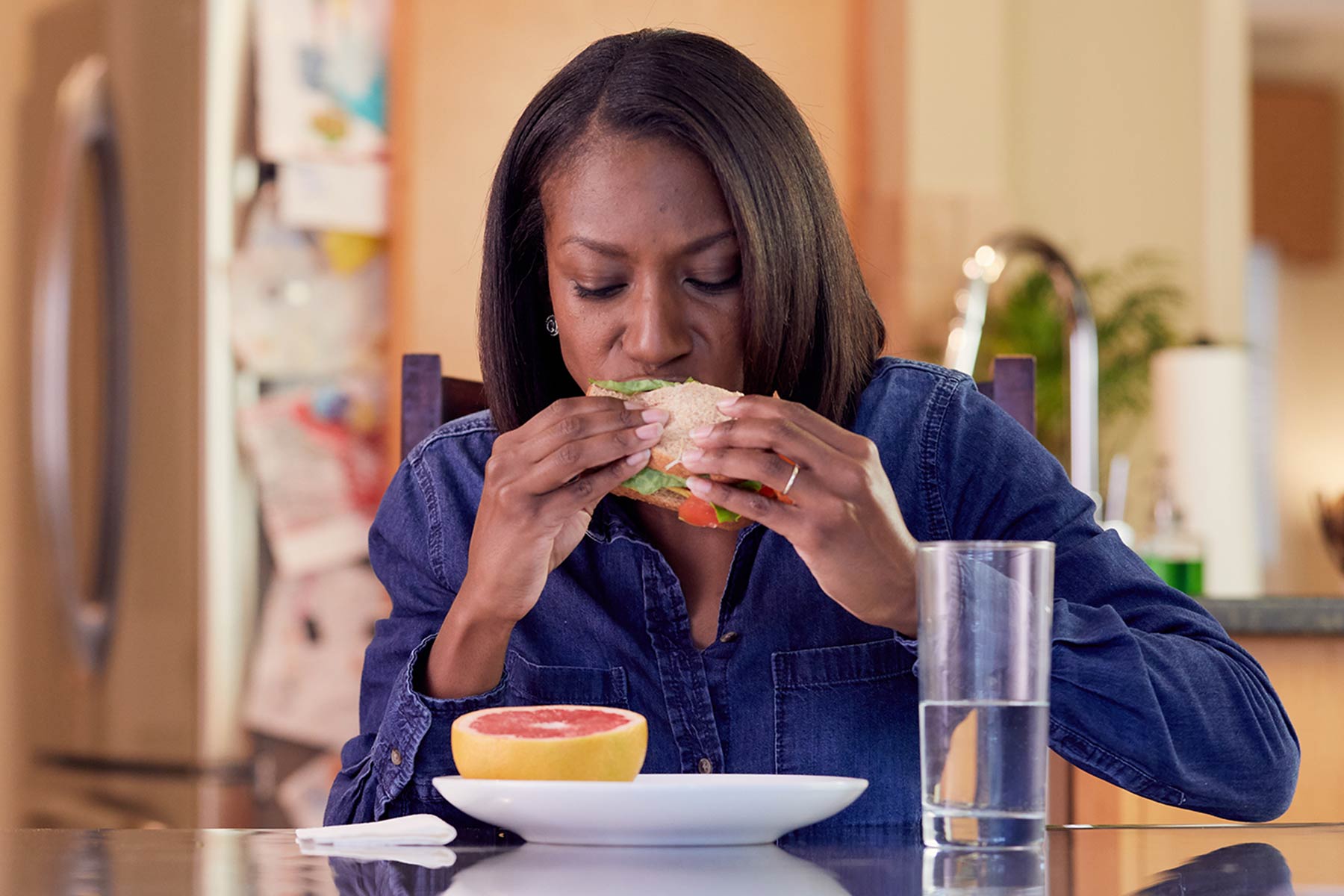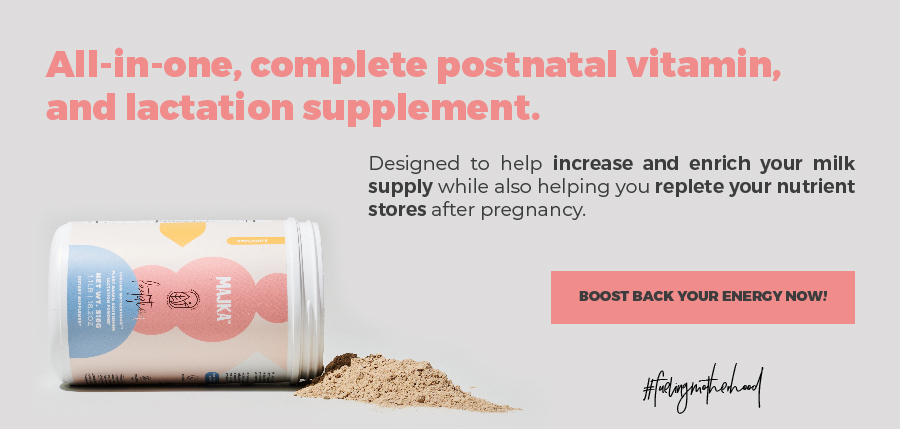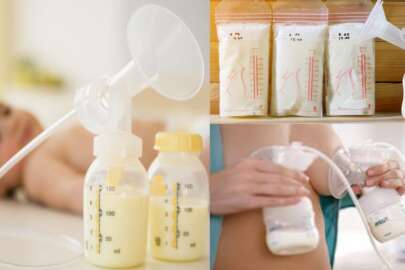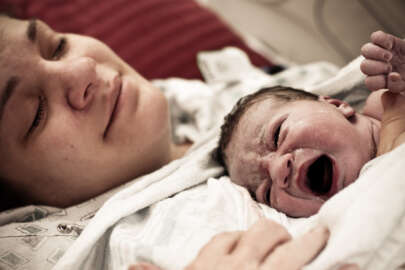
Pregnancy and breastfeeding are two wonderful things that your body is able to accomplish and for that it needs your help, eating healthy and maintaining your body with the nutrients it needs will be a great help for these processes to do what they need to in a healthy and strong way.
In this article we will tell you about what foods have been recommended and which ones aren’t while pregnant and through breastfeeding, so you can get information to make your own decisions regarding your case (always ask your doctor before making these kinds of decisions).
Pregnancy diet and breastfeeding diet
First of all we want to mention that as much information as research there is, each person and body is different and you should always ask your doctor before making health choices since he/she will know what is best for you and your specific case.
With that said, we will now share with you some of the general recommendations regarding pregnancy diet and breastfeeding diet:
When you are pregnant a good way to stay healthy and to help your baby to grow and to develop is to eat healthy and add different groups of foods into your diet, specially the ones that contain folic acid, iron and iodine. It is also important to limit the intake of high fat and high sugar foods and to drink lots of healthy fluids.
While you are pregnant you may find that your taste has changed a bit and you start craving some specific stuff, if these cravings are high fat or high sugars try to limit them to maintain a healthy and balanced diet.
It is normal to gain weight in pregnancy as you carry a baby, a placenta and amniotic fluid so be easy on yourself and do not deprive yourself of enough food that you need to maintain health even if that means that your weight is higher than usual.
Some foods that may not be helpful during pregnancy so you may want to avoid are:
- unpasteurised dairy products, such as milk, cheese or creme and soft cheese (unless they are cooked until steaming hot).
- Undercooked and raw fish.
- The meat you eat should always be well cooked and steaming hot all the way through.
- Fruits and vegetables should be very well washed before eating.
When you are breastfeeding, you also need to make sure that you are healthy as you’re giving your baby nutrients through your breastmilk that will help him/her grow and develop, for this you may need to add an additional 330 to 400 calories a day to give you the energy and nutrition to produce milk, but this does not mean to full yourself with unhealthy snacks, rather choose nutrient-rich foods that will keep you and your baby healthy.
Protein-rich foods, a variety of whole grains, fruits and vegetables will help you to maintain a healthy diet; also, eating a variety of foods will change the flavor or your milk and may help in the future when introducing solids as your baby would have already been exposed to different tastes.
Supplements may also be recommended to ensure a healthy diet while breastfeeding but this will be your healthcare providers call.
Best foods to eat while breastfeeding
Some of the most essential vitamins that have been recommended while breastfeeding are:
- Vitamin A which can be found in milk, orange, sweet potato egg, carrots and dark leafy greens.
- Vitamin B12 which can be found in red meat, fish (raw fish isn’t recommended), dairy products (only pasteurized), nutritional yeast, egg and shrimp.
- VItamin C which can be found in range, strawberry, red bell pepper, tangerine, kiwi, papaya and broccoli.
- Vitamin D which can be found in fungi, oily fish, egg yolks, salmon and fortified food.
Be aware to get enough complex carbohydrates , protein, fats, vitamins and minerals while breastfeeding and you will be fine. Water is also key to stay hydrated, to help your body to recover and to avoid fatigue.
If you want to learn more about what you can do and what isn’t recommended while breastfeeding regarding diet you can visit our article on Breastfeeding Diet Do’s and Don’ts: Tips for Better Nutrition.
What foods aren’t good for my milk?
It is not necessary to avoid any foods while breastfeeding. Maintaining a healthy diet is necessary not only through breastfeeding but all along life; but when it comes to food harming your milk there aren’t specific ones, at least not one that has been found yet, even so, keep in mind that if you have a healthy diet the nutrients will pass to your milk and to your baby.
But as we mentioned, each person is different. Your baby may find some foods to be affecting him/her through your breast milk and if you see any signs of these it is important to let your healthcare provider know so you can get proper advice for it.
Can I eat raw food while breastfeeding?
We mentioned that pregnant women should not eat raw food since it can be a source of bacteria and parasites that could harm the fetus, but when it comes to breastfeeding, this risk is lower because these pathogens are a lot less likely to pass through your breast milk.
Foods to avoid if my baby is gassy, has colic or reflux
We remind you to always check with your doctor first before making an assumption or a change regarding your diet, but here we share with you some of what has been found about this matter and remind you to consider that each baby is different and that this does not mean that the following foods have always that effect:
- If you have been told that your baby has colic, you may want to avoid the intake of cow’s milk, cabbage, cauliflower, broccoli, onion, and chocolate for a week and see if that helps.
- Beans, broccoli and cabbage may make your baby gassy, so if you want to avoid that you can try avoiding those foods for a while to check if it helps.
- Peppermint (which can also decrease milk supply), chocolate, garlic, caffeine and high fats may cause reflux to worsen in your baby.
Drinks to avoid while breastfeeding.
- Alcohol: it will pass through your milk, so if you drink it, avoid breastfeeding until the alcohol has completely cleared your breast milk (2-3 hours per drink). Consider pumping milk before drinking, to have an alcohol-free breastmilk to feed your baby meanwhile.
- Caffeine: it may agitate your baby and may not help him/her sleep well, so avoid drinking more than 2 to 3 cups (16 to 24 ounces) of caffeinated drinks a day.
It’s also important to consider that certain foods or drinks could cause your baby to be fussy or to have an allergic reaction. If you see any signs of this, give your doctor a call to get proper treatment for it.
In Breastfeeding 101 we love to have you here and hope that this article and all of our content helps you to learn more about your baby’s health.
If you want to learn more about foods you may want to avoid while breastfeeding here we share with you some of the sources that made this article possible:
Breastfeeding nutrition: Tips for moms I Mayo Clinic
Breastfeeding diet I Breastfeeding 101
Diet in pregnancy—more than food I National Library of Medicine
Dietary patterns and their association with breast milk macronutrient composition among lactating women I International Breastfeeding journal
Eating well in pregnancy I NHS informs
Foods to Avoid While Breastfeeding? Experiences and Opinions of Polish Mothers and Healthcare Providers I National Library of Medicine
Foods to avoid in pregnancy I NHS
Foods to eat or avoid when pregnant I NSW Government
Food safety during pregnancy I National Library of Medicine
Healthy breastfeeding diet I NHS
Healthy eating for breastfeeding mothers I My Nutritio
Impact of maternal nutrition on breast-milk composition: a systematic review I The american journal of clinical composition
Maternal food restrictions during breastfeeding I National Library of Medicine
NUTRIENT ADEQUACY OF EXCLUSIVE BREASTFEEDING FOR THE TERM INFANT DURING THE FIRST SIX MONTHS OF LIFE I World Health Organization
Pregnancy week by week I Mayo Clinic
Tips for breastfeeding moms I USDA
Annie Rueb






